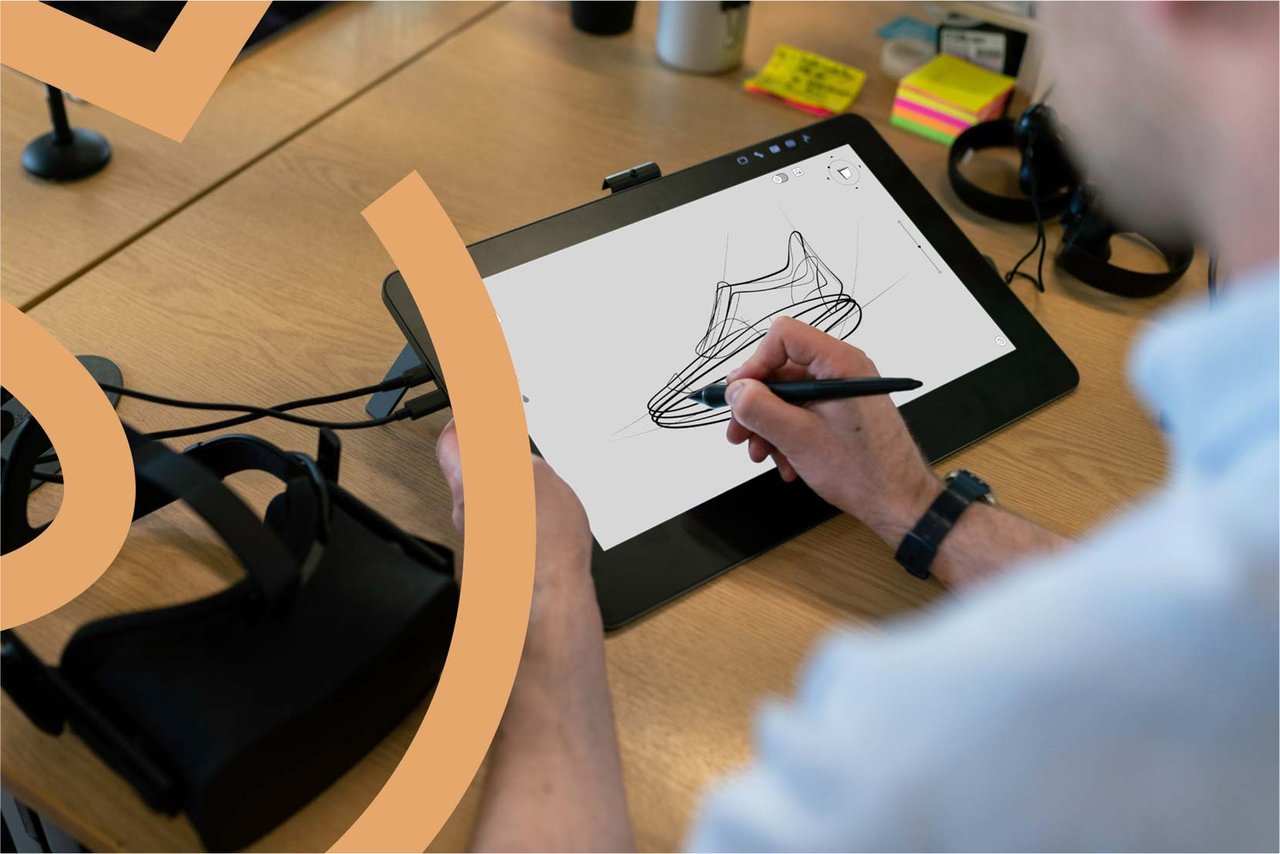2 methods successful freelancers use to combat workaholism

on August 23, 2023 • 3 minute read

As someone who works in the digital space, I understand how important it is for me to always be on top of my game. Taking my eye off the ball when it comes to work, even for just a second, can potentially be a slippery slope because of the sheer pace at which digital media moves.
Many freelancers I’ve met have confessed to merging work with leisure, in the hopes that they never miss an opening or opportunity. However, the lines can blur too far, ushering in a shadow of workaholism that could cloud the freedom that a freelancer lifestyle offers.
Contrary to what one might think, workaholism isn't a trait exclusive to those in traditional 9-5 jobs. It can significantly impact the physical, mental and emotional well-being of freelancers as well. A dedication to your craft is admirable but, left unchecked, it can spiral into maladaptive tendencies.
A 2016 study in PLOS One revealed workaholism’s links with various psychological conditions, from ADHD to anxiety disorders. Understanding the underlying drivers of excessive work engagement is invaluable in recognizing unhealthy work patterns in yourself:
- Fear of failure and perfectionism. For many freelancers, online presence and reputation is everything. The pressure to deliver perfect work, every time, can lead to endless work cycles.
- External validation and self-worth. Many freelancers gauge success by likes, shares, or client feedback. An overreliance on external validation could put you on the fast lane to workaholism.
- Escape from personal issues. Work can be a retreat, especially when personal and professional spaces overlap. Freelancers who are not office-bound might find themselves overworking to avoid confronting other issues in their personal lives.
Now that we understand the undertones of workaholism, let’s dive into two key strategies that can help a freelancer redefine their relationship with work:
#1. Understand why successful freelancers value time above all else
You’ve probably heard this a million times before:
“Time is the most valuable resource.”
But what does that really mean? It’s easy to jump to the conclusion that it means you must always be productive, but this is simply not the case. The real ‘Aha!’ moment comes when you realize that it actually means all your efforts must ideally point to one goal: having more free time.
In fact, to protect your work-life balance as a freelancer, consider conducting a comprehensive time audit. This isn’t just about work; it’s also about leisure, exploration, and personal growth. Understand when you're working out of necessity and when you're working to escape.
Once you recognize patterns that lead to excessive work, you can begin to address and improve each aspect of your work and personal life that is taking away from your leisure time.
Understand that while technology can exacerbate workaholism, especially with 24/7 connectivity, it can also be a solution. Use AI, automation, and apps to track work habits, set boundaries, or remind yourself to unplug, take an afternoon siesta, or simply explore your surroundings from time to time.
Remember, a well-rested brain is a productive brain. Psychological research has confirmed this time and again. The next point offers a more in depth look into why scheduling downtime is as important as scheduling your work:
#2. Embrace structured work and non-work hours
A study in the Journal of Organizational Behavior stresses the importance of clear boundaries between work and leisure, especially for those prone to workaholism.
In fact, many successful freelancers excel in carving out dedicated moments of reprieve amid their busy schedules. It's vital to earmark specific hours or (sometimes) even entire days to rejuvenate, explore, or immerse in personal passions.
By treating these times with the same respect as work meetings, you give yourself genuine breaks. Remember: a core benefit of being a freelancer is taking on a wide range of creative projects. The more time you spend exploring personal hobbies, the more ready you will be to push the limits of your creativity in your work.
Let’s look at how embracing structured schedules might play out in the real world.
Suppose you have gotten into the unhealthy habit of checking your emails as and when your phone notifies you. This not only interrupts your flow if you're engrossed in a task but also shatters the peaceful moments of your leisure time. Instead of being reactive to every beep and ping, consider designating specific periods each day dedicated solely to handling emails. Maybe it's an hour in the morning and another in the late afternoon. This not only ensures your leisure time remains undisturbed but also means you won't miss important emails due to the randomness of sporadic checks.
As an added bonus, having dedicated times for checking over emails ensures you give each message the attention it deserves, reducing the chances of oversight.
Conclusion
A freelancer lifestyle offers unparalleled freedom, but it also brings with it unique challenges. By acknowledging the reasons behind your workaholism and integrating rebalancing techniques, you can ensure that your journey as a freelancer is both productive and fulfilling.
About Mark
Mark Travers, Ph.D., is an American Psychologist with degrees from Cornell University and the University of Colorado Boulder. Xolo helps him run his online therapy practice, www.awake-therapy.me, from whatever part of the world he is currently living in.